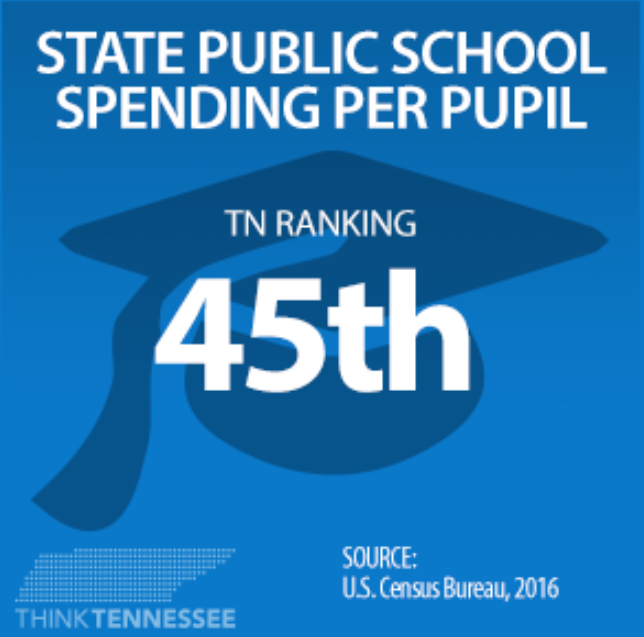The House Education Committee will take up Bill Lee’s voucher proposal tomorrow at 8:00 AM. Ahead of this pivotal vote, groups across the state are expressing opposition to the plan. The Tennessee Education Association, TN Parent Teacher Association, and Pastors for Tennessee Children joined in the following press release announcing opposition:
The Tennessee Education Association, Tennessee Parent Teacher Association and Pastors for Tennessee Children stand united in opposition to any form of education savings account voucher programs. As legislators consider the administration’s voucher proposal this week, it is important that they know teachers, parents and faith leaders are adamantly opposed to privatizing our public schools.
“Our state constitution is clear that our elected leaders have an obligation to provide all Tennessee children with access to a quality public education,” said Beth Brown, TEA president and Grundy County High School teacher. “Moving forward with any form of voucher program abandons our commitment to our most vulnerable students. Details of the current voucher proposal reveal the administration’s intentions to provide entitlements to families living comfortably and already able to afford private school tuition. If passed, this ESA program would starve public schools of millions in funding and dramatically worsen the inequities in public education.”
TEA is just one of numerous organizations with serious concerns about Gov. Lee’s voucher plan. With details of the plan indicating that more than $100 million in taxpayer money will be allocated to pay for a program proven in other states to be fraught with abuse and fraud, parents and faith leaders are standing with educators to oppose ESAs.
“Tennessee PTA advocates for all children and for the improvement of public education,” said Cheryl Floyd, Tennessee PTA president. “Tennessee PTA believes that no one educational program is best for all children and supports educational choices which improve outcomes within public schools. Voucher programs have proven ineffective in improving student outcomes, lack accountability to taxpayers and students, divert funds away from public schools, and place the individual rights of students at risk. The governor’s proposed education savings accounts are just another form of vouchers.”
“Vouchers, especially for the wealthy, are a corruption of God’s common good, and the use of vouchers to underwrite religious schools is a violation of religious liberty,” said Rev. Terry Ladd, pastor at First Baptist East Eighth Street Chattanooga and Pastors for Tennessee Children founding member. “Pastors for Tennessee Children supports the provision of high-quality public education for all children, as a crucial civil rights issue. Vouchers will damage public education in our state.”
Brad Fiscus, a Williamson County School Board member, lay minister with the United Methodist Church and founding member of Pastors for Tennessee Children, added, “Voucher programs historically have proven to serve students from wealthy families at levels higher than students from low-income families. As a result, vouchers promote segregation and centralization of resources to those who already have the most access.”
For more on education politics and policy in Tennessee, follow @TNEdReport
Your support makes reporting education news possible.







